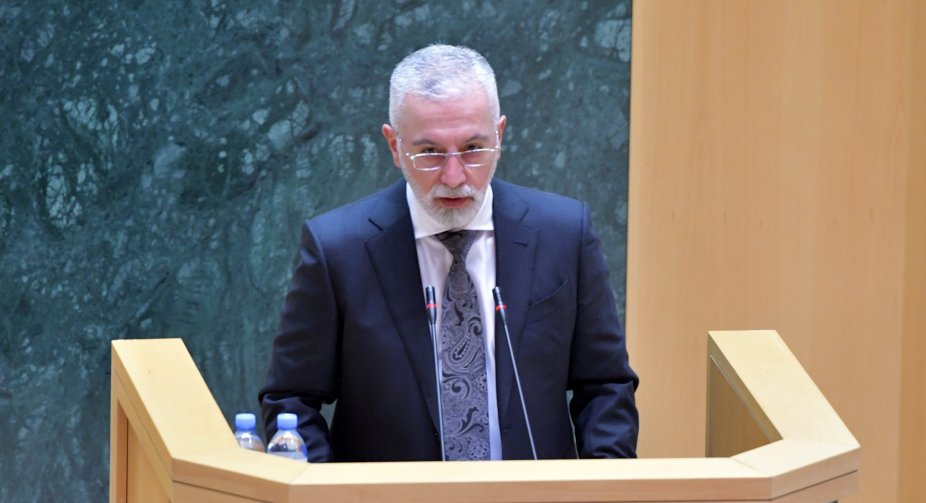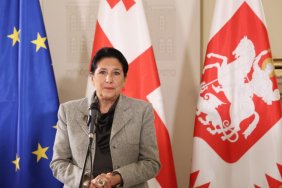Kakha Bekauri, the chairman of the communications commission, on Wednesday presented his office’s report to the parliament, saying the domestic media was “pluralistic”, but “severely polarized and biased”.
He said like in 2020, during the pre-election period of 2021, the main challenge of the media was hate speech, dissemination of fake information, manipulation and political bias.
Bekauri said as part of regulations introduced in accordance with the European Directive, broadcasts and advertisements containing hate speech and calls to terrorism had been regulated, and the right of reply was defined.
He said if individuals believed a certain media had spread incorrect information about them, they would have the opportunity to reply to the outlet.
“The changes will come into effect on July 1, 2023, as broadcasters have been given a transition period to bring their operations into compliance with the law”, he said.
Bekauri stressed the spread of false information, manipulation and political bias in the domestic media required a “broad discussion and elimination of the problem”.
He noted a 9-year court dispute with broadcasters had ended and from January 2022, the broadcasters had to fill out the forms defined by the law on their financial transparency.






